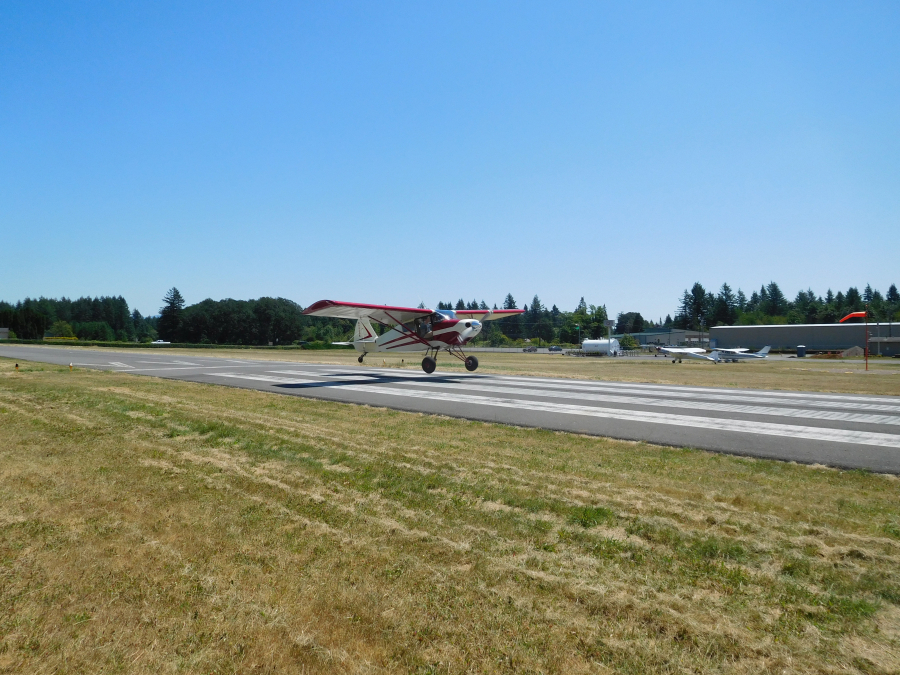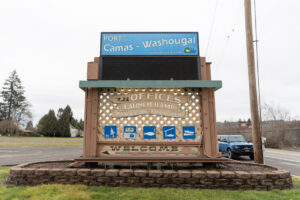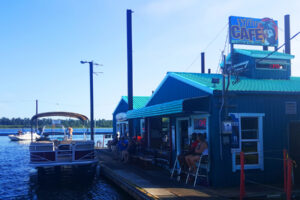Port of Camas-Washougal Commissioner John Spencer is a pilot, so he believes “just like every boater knows how to run a marina,” as he told The Post-Record last month, he is in a good position to offer an insightful and detailed perspective about the future of the Grove Field airport.
Spencer’s vision for the airport is clear — commissioners must act soon to expand the runways or lose out to residential developers.
“I believe that at some point our airport will be very important to Clark County for economic development,” Spencer said. “It is going to become increasingly difficult to make use of Portland or Troutdale. Pearson (Field) is full up and, if anything, is going to shrink. Ours is the only viable airport for Clark County … so I very firmly believe we need to protect our airport and expand it to meet that future need. If we don’t do so today, residential is going to develop around it and the opportunity will be lost.”
Grove Field, a public airport about three miles north of downtown Camas, contains one runway, which is 2,710 feet long and 40 feet wide.
Part of Spencer’s “bigger plan” involves lengthening the runway to 4,200 feet.
“At that level you can bring in the UPS turboprop,” he said. “Yeah, you can get jets in and out (now), small ones, but I’m not talking (about) them. I’m talking the big single-engines that are carrying freight to little communities. That’s what I think we need.”




